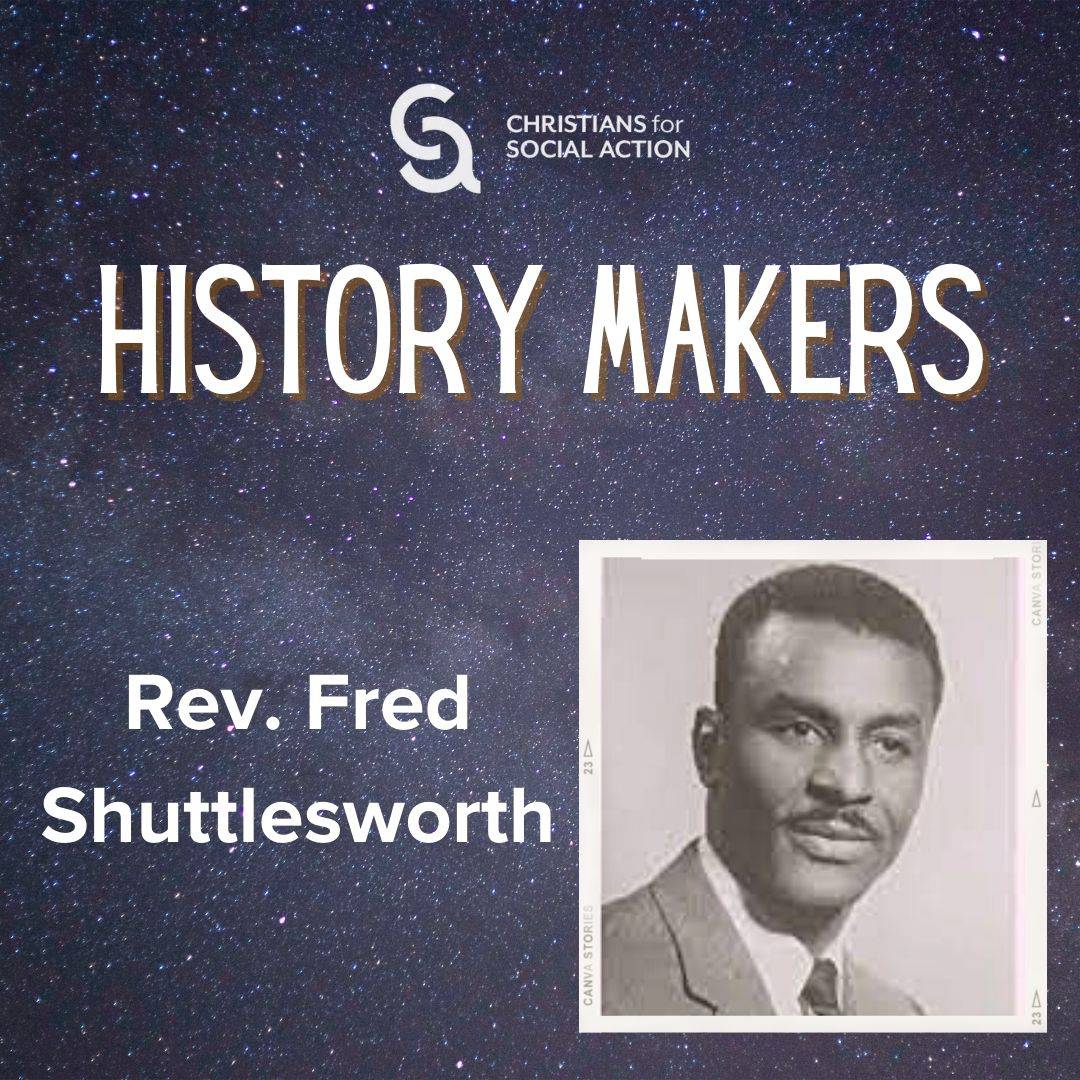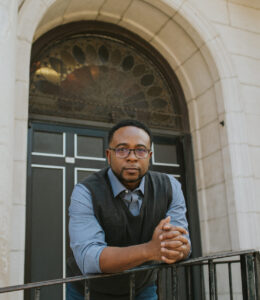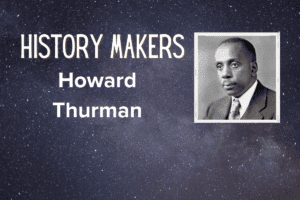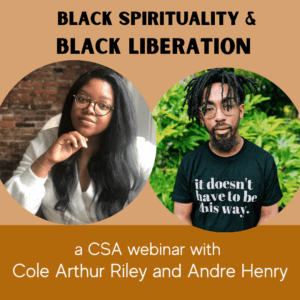 In celebration of Black History Month, we talked with four current Black leaders who are creating legacies of justice and shaping our lived history today, asking them, “Who from Black history inspires you?” This series invites you to journey with us as we profile the historical leaders from Black History whose legacies continue to inspire contemporary change makers. Today’s leader is Fred Shuttlesworth.
In celebration of Black History Month, we talked with four current Black leaders who are creating legacies of justice and shaping our lived history today, asking them, “Who from Black history inspires you?” This series invites you to journey with us as we profile the historical leaders from Black History whose legacies continue to inspire contemporary change makers. Today’s leader is Fred Shuttlesworth.
***
“We wanted confrontation, nonviolent confrontation, to see if it would work… Not just for Birmingham—for the nation. We were trying to launch a systematic wholehearted battle against segregation, which would set the pace for the nation.” – Fred Shuttlesworth
About Fred Shuttlesworth:
The Rev. Fred Shuttlesworth was a pastor and civil rights leader whose conviction and courage consistently led him to the frontlines of the struggle for justice. As someone who pushed his peers to greater risk-taking, Shuttlesworth was crucial in elevating the cause for racial justice to the national conversation.
Born Freddie Lee Robinson in 1922, Shuttlesworth was raised in Birmingham, Alabama. One of nine siblings, he took his stepfather’s name but his mother’s faith and worldview: “You cannot lose what you never had.”
For as long as he could remember, Shuttlesworth had wanted to be a preacher. He began his pastorate at Bethel Baptist Church in 1953, and would pastor for over 50 years. However, his ministry was never confined to the parish, because, as he put it, “The world is my pulpit.”
Birmingham in the 1950s was effectively a police state, known as the most segregated city in the country. Mining and steel corporations exploited Black workers, paying them subsistence wages, which were then often stolen by Klan members knocking on the doors of Black homes to demand money at gunpoint. The police aided and abetted the Klan (to which many officers belonged) in burning and bombing the homes of Black families, leading the Klan’s processions through town.
Shuttlesworth’s community organizing began by petitioning city leadership to address environmental racism from the mining industry and to install street lights. Then, in 1956, Alabama’s courts outlawed the NAACP, and Shuttlesworth saw an opportunity: He founded the Alabama Christian Movement for Human Rights. The name choice was motivated by both faith (“We believed that nobody could stop the church”) and strategy: As a religious organization, the ACMHR was not legally required by the state to reveal the names of its membership. The ACMHR quickly began filing lawsuits for desegregation of public spaces, equal employment, and equal access to education. Unlike the NAACP, it additionally had a direct action arm, which it powerfully exercised.
In 1956, building on the momentum of the Montgomery Bus Boycott (a new ruling from the US Supreme Court had made bus segregation in Montgomery illegal), Shuttlesworth preached a Christmas Eve sermon calling upon the Black community to push segregation laws in Birmingham to their breaking point. He announced a campaign to desegregate buses beginning December 26.
But on December 25, while Shuttlesworth was home with his family and two church members, the KKK bombed the pastor’s home. The house was destroyed, yet miraculously no one experienced serious injuries. As Shuttlesworth walked out the door, a police officer/Klan member told him to get out of town. He calmly responded, “I wasn’t raised to run.” The protest rides went forward the next day as planned.
Not long after, Shuttlesworth and his wife, Ruby, took their daughter to integrate a high school. A white mob used baseball bats, bicycle chains, and brass knuckles to attack him, while stabbing Ruby in the hip. Doctors were shocked to discover that Shuttlesworth had not experienced serious head trauma. He quipped, “God knew I lived in a hard town so He gave me a hard skull.”
Shuttlesworth became a founding member of the Southern Christian Leadership Conference in 1957. He urged Dr. King to join him in staging a campaign in Birmingham. Shuttlesworth was calculating: He knew that the reaction of the infamously belligerent Sheriff “Bull” Connor would create a critically confrontational situation that would be difficult to ignore.
The Birmingham Campaign initially involved lunch counter sit-ins and marches. But it was the Children’s Crusade—for which Shuttlesworth pushed and to which King reluctantly acquiesced—that galvanized national sympathies with its devastating images of young people attacked by fire hoses and police dogs.
While committed to the practice of nonviolence, Shuttlesworth was often combative interpersonally, and he became frustrated with King’s moderating voice. His motto, “Kill segregation or be killed by it,” captures his escalatory approach. It paid off, especially in terms of the 1964 Civil Rights Act, which historians attribute directly to the achievements of the Birmingham Campaign.
Growing up in the Deep South, Shuttlesworth once said that he never expected to live to age 40. He preached his final sermon at 84 and died in 2011 at 89. Toward the end of his life, recalling the resources he poured into the movement, Shuttlesworth said, “It’s not about what you get out of it, it’s about what you put in.”
Learn More About Fred Shuttlesworth:
***
 Today’s History Maker Profile was nominated by a current history maker, Jemar Tisby, PhD. Jemar is the author of the New York Times bestselling book, The Color of Compromise, and his forthcoming book is The Spirit of Justice. He is a professor of history at Simmons College of Kentucky and writes frequently at JemarTisby.Substack.com.
Today’s History Maker Profile was nominated by a current history maker, Jemar Tisby, PhD. Jemar is the author of the New York Times bestselling book, The Color of Compromise, and his forthcoming book is The Spirit of Justice. He is a professor of history at Simmons College of Kentucky and writes frequently at JemarTisby.Substack.com.


